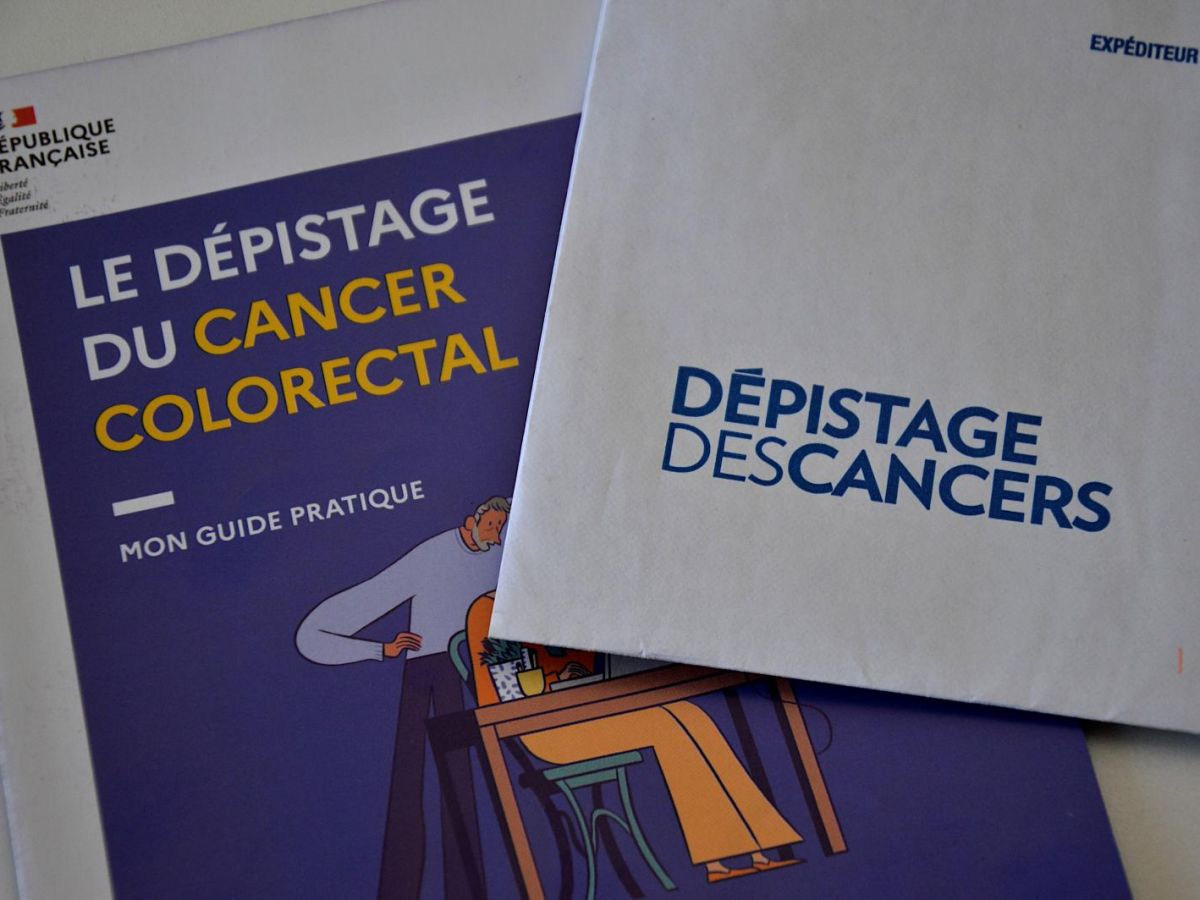In the United States, colorectal cancer has become the leading cause of cancer death, and the second leading cause of death in women under 50. In 2023, an international study published in the British Medical Journal Oncology Alert: The number of cancers among people under 50 is rising sharply worldwide. Between 1990 and 2019, researchers observed a 79.1% increase in cases diagnosed in this age group and predict a further increase of 31% by 2030. This growth concerns around fifteen cancers, primarily digestive cancers and breast cancers.
Some variations in the incidence of these cancers can be partly explained by methodological factors. Trends also depend on the data sources used, tumor classifications, or screening policies, but for American researchers, these biases are not enough to explain the scale of the phenomenon. A study published in 2025 in the British Journal of Surgery even speaks of a "clinically distinct category of cancer" among those under 50.



